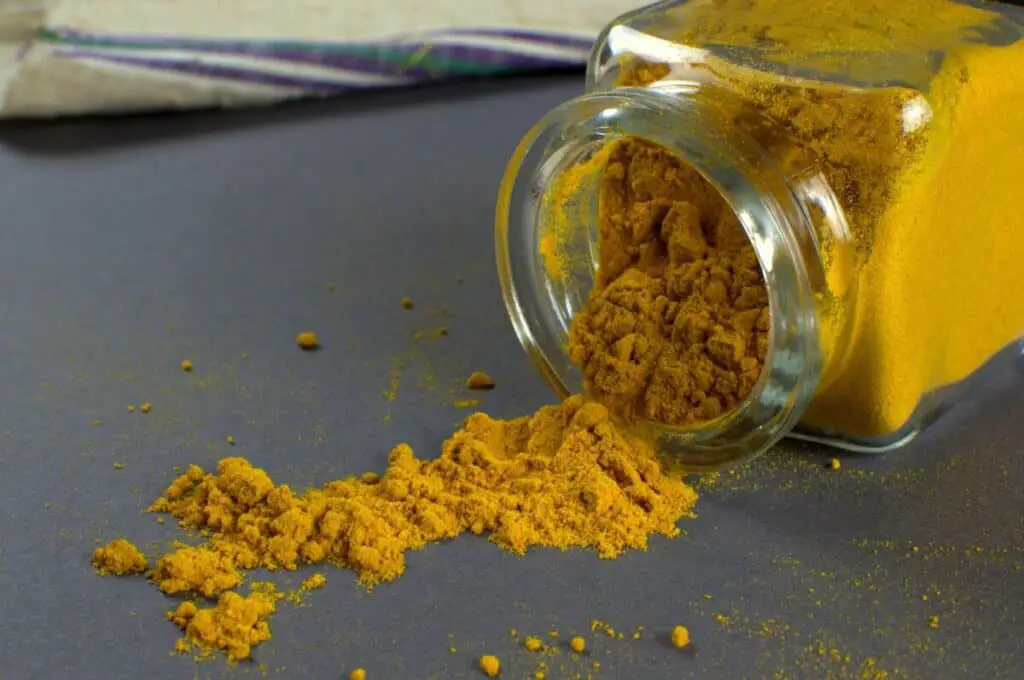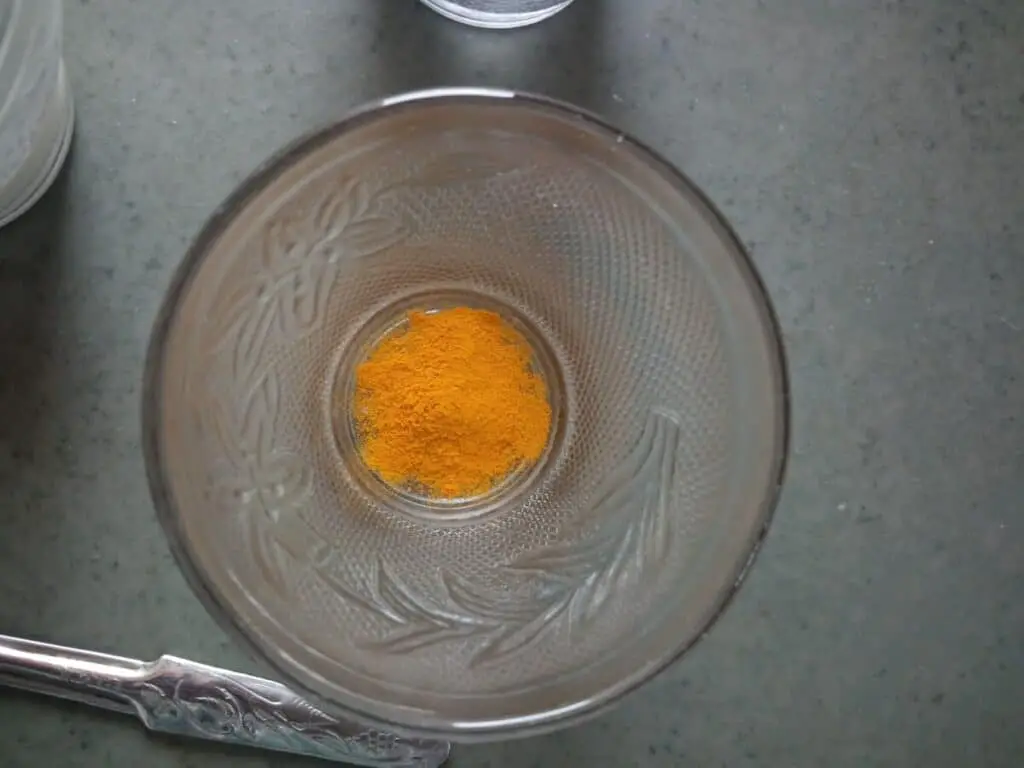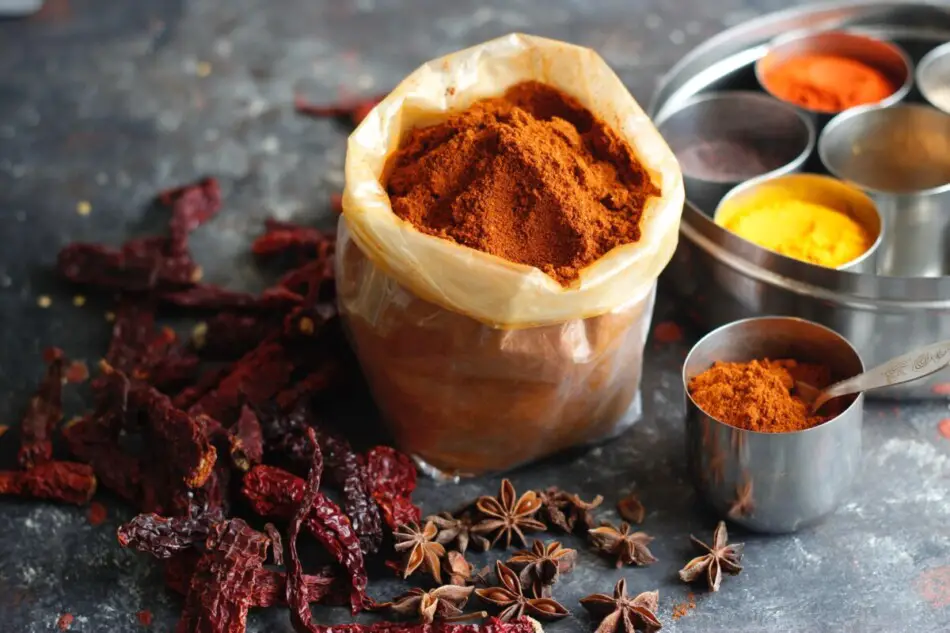Turmeric tea is a delicious, healthy drink that has many benefits. But what does this turmeric taste like? This question is often asked by people who are considering trying this tea for the first time. In this blog post, we will answer that question and give you some tips on how to make this herbal tea taste its best.
What Turmeric Tea Tastes Like
Turmeric tea is a type of herbal tea that is made using the root of the plant. The tea has a yellow-orange color and a slightly bitter taste. Some people say that it tastes similar to ginger root tea. It has a warm, earthy flavor and a slightly bitter taste.
When used in tea, this herb can give the beverage a golden color and a slightly spicy taste. Some people also add other spices to their herbal tea, such as ginger or black pepper.
What Is A Turmeric?

This is a spice that is commonly used in Indian cuisine. It has a warm, slightly bitter flavor and can be used to add depth of flavor to curries and other dishes. It is also used in traditional medicine systems such as Ayurveda. In Ayurveda, it is believed to have anti-inflammatory properties and is used to treat a variety of ailments.
The turmeric plant is native to India and parts of Southeast Asia. The root of the plant is used to make a spice that is commonly used in curries and other Asian dishes. Turmeric has a distinctive yellow color, and it is often used as a natural dye.
Health Benefits
Turmeric tea is a tasty and healthy way to enjoy the benefits of this powerful spice. It has been used for centuries in Indian and Chinese medicine to treat a variety of ailments, and modern science has begun to unlock its potential.
Numerous studies have shown that turmeric can:
- help to reduce inflammation,
- ease pain,
- improve brain function,
- lower the risk of heart disease and cancer.
One of the best ways to take advantage of these benefits is to enjoy a cup of this tea daily.
How To Make One At Home
Making this tea is easy and only requires a few simple ingredients.
- First, measure out one teaspoon of ground turmeric and add it to a cup of boiling water.
- Allow the mixture to steep for 5-10 minutes, then add honey or lemon to taste.
- For an extra boost of flavor, try adding ginger or black pepper to the tea.
Turmeric tea can be enjoyed hot or cold and is a great way to incorporate this healthy spice into your diet.
Is It Safe To Drink Everyday?
Some people believe that drinking turmeric tea daily can help to improve overall health. While there is some evidence to support this claim, it is important to be aware of the potential side effects of drinking too much turmeric tea. High doses of turmeric can lead to gastrointestinal issues such as indigestion and diarrhea.
It can also interact with certain medications, so it is important to speak with a healthcare provider before adding it to your diet. When consumed in moderation, however, this tea can be a delicious and healthy addition to your daily routine.
Where To Buy Turmeric
Turmeric is an essential spice in many curries and Asian dishes. It has a warm, slightly bitter taste and is often used to add color to food. It is available fresh, dried, and ground into a powder. This can be found in the spice section of most supermarkets.
Fresh turmeric root is becoming more widely available in grocery stores. It resembles ginger root and has brownish-orange skin. The flesh is orange or yellow and has a peppery flavor. Dried turmeric is usually sold ground into a powder. This form loses some of its flavors during drying and storage. Ground turmeric is easy to use and keeps well. This can be found in the spice section of most supermarkets.
Are Kids Allowed To Drink This?

Although most research on the health benefits of this herb has been conducted in adults, there is some evidence that it may also be beneficial for children. One study found that curcumin was effective in reducing symptoms of Attention Deficit Hyperactivity Disorder (ADHD) in children.
Another study found that curcumin supplementation improved gut health and reduced inflammation in children with Crohn’s disease. However, more research is needed to confirm these findings. Because it can interact with certain medications, it is important to talk to a doctor before giving it to a child.
Turmeric Powder
Turmeric powder is made from the dried, ground root of the turmeric plant. The flesh of the root is bright orange, and it has tough brown skin. It has been used in Asia for centuries as a spice and medicinal herb. The powder has a warm, earthy flavor and can be used to add color and flavor to curries, rice dishes, and soups. It is also a potent source of antioxidants and has anti-inflammatory properties.
Some studies have shown that it may help to improve brain function and protect against Alzheimer’s disease. This powder is widely available in supermarkets and online. When storing it, be sure to keep it in an airtight container in a cool, dark place.
Does Its Powder Form Spoil?
The answer is yes, it can. If stored in an airtight container in a cool, dark place, turmeric powder will stay fresh for up to six months. However, if it is exposed to light or heat, the powder can quickly lose its flavor and become stale. Additionally, if moisture gets into the container, the powder can clump together or develop mold. So it’s important to be sure the container is tightly sealed and stored in a cool, dry place.
Final Thoughts
Turmeric is a healthy spice that can be enjoyed in many forms, including tea. When consumed in moderation, it can be a delicious and healthy addition to your daily routine. However, it is important to be aware of the potential side effects of drinking too much turmeric tea. High doses of turmeric can lead to gastrointestinal issues such as indigestion and diarrhea. It can also interact with certain medications, so it is important to speak with a healthcare provider before adding it to your diet.

